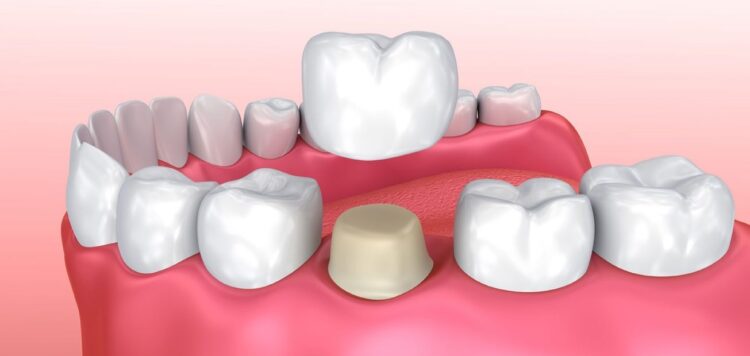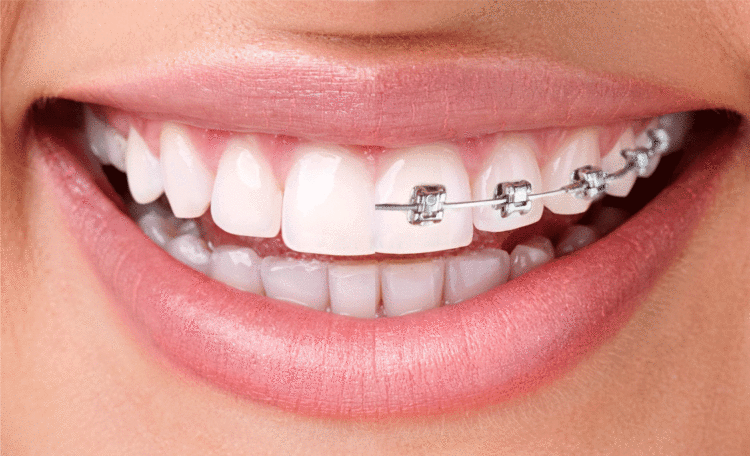Having beautiful and strong teeth is important for your look and health condition. Many people are suffering from various problems related to their teeth. However, medical treatments and dentistry are evolving, and there are advanced methods that could help us to treat our teeth with much more success.
It is not a rare case that many of us need to take out or try to heal some tooth, and the best solution for that is installing dental implants. Dental implants can replace the tooth completely with the same look and function. Also, there are many other benefits of getting this kind of treatment. However, there is a possibility of some side effects as well.
This kind of treatment requires surgery, which is a complicated process, and you should look for an experienced dentist to perform this type of surgery. If you are interested in Dental Implants in Toronto, you should click here. Furthermore, here are some of the possible side effects that you should be aware of when you are getting Dental Implants, and what are the ways to minimize your risk after this procedure.
Swelling

It is a common case that gums are selling after any type of dental surgery. That is part of a natural process of our body to defend. However, it is usual for swelling to last up to 3 days, and if in your case that period is longer, you should contact your dentist to see where is the problem. Our body is fighting against foreign organisms, which can cause the soft tissue to swell. Most people have gone through this problem, and the only thing that matters is not to panic.
Bruising
Another frequent side effect for people who just got their dental implants is bruising. However, you should not worry about the bruises since that is a completely normal reaction of our body after surgery. Some people have mere sensitive skin, while others might not have this kind of an issue at all. In most cases, the bruising won’t last longer than a few days.
Numbness
During the surgery, dental implants might affect the nerves, and you can feel numbness. Also, since you will get a dose of anesthetics before surgery, this could be the reason for that. However, if you get this kind of an uncomfortable feeling to last more than 2 or 3 days, you should contact your dentist for another examination. I case that your nerves are damaged, there are many ways to heal them. However, if there was some major injury made, there is no way to treat it. On the other side, even if you feel minor irritation in your mouth, that could be a sign that your nerve system was affected during the surgery.
Pain
It is natural to feel some level of pain after the surgery because the dentist will install implants that consist of screws and other objects. Also, people have different pain limits, which means that there is nothing wrong with the procedure, and you just have to wait for a couple of days for it to pass. The dentist will prescribe you a proper medication that will help you with pain as well. On the other side, if you are feeling the same amount of pain for a longer time, that could be a sign of a problem. The implant might be too close to nerves or some sensitive area, and you should go to the dentist to see where is the problem.
Discharge

In case that pain, swelling, and bruising are in combination with a discharge, that might be a sign of an infection. However, you shouldn’t worry too much about that, because in most cases that will pass in a few days. The main reason for inflammation is that we have bacteria in our mouth, which could cause discharge because of the foreign elements. The doctor will give you proper antibiotics that will help you with that.
How to Minimize Your Risks?
Getting a dental implant is sometimes the only way to fix your teeth and jaw. But, as you can see, there be might be some complications after the surgery. On the other hand, there are some ways to prevent any sort of issue. For example, you should speak with the dentist about any possible health issues that might have, or is there any type of anesthetics that you should not use. Also, if you already had similar types of procedures, you must note that to the dentist.
Even if you don’t have any health problems, you could still get an infection and some other problems after the surgery. There are some ways to prevent that as well. For example, you should wash your mouth with salt water a few days after the process. Also, try to avoid smoking because it could bring more bacteria to your mouth and cause an infection. Moreover, you should continue with your regular dental hygiene and clean your teeth and area where the implant is at least two times a day.
The risks of dental surgery when you are getting implants are minimal, and the two most common types of infections are mucositis and peri-implantitis. They are affecting your bones, gums, and tissue. Also, these infections can cause inflammation. In most cases, all of these problems only last for a couple of days, and you can use antibiotics as a solution. However, if any problem you have last for more than 3 days, contact your dentist for a proper examination.
The Bottom Line

Dental implants are the most effective way of treatment when you need to remove a tooth. You should always get this type of surgery at some well-known and experienced dentists for a decreased chance of any issues. Most of these side effects last for only 2 or 3 days, and you can use painkillers and antibiotics for help. For any sort of serious pain and inflammation, immediately contact the dentist to resolve that problem. After all, you better endure two or three days and prevent much bigger complications that could occur if you avoid this procedure.
 Hi Boox Popular Magazine 2024
Hi Boox Popular Magazine 2024



